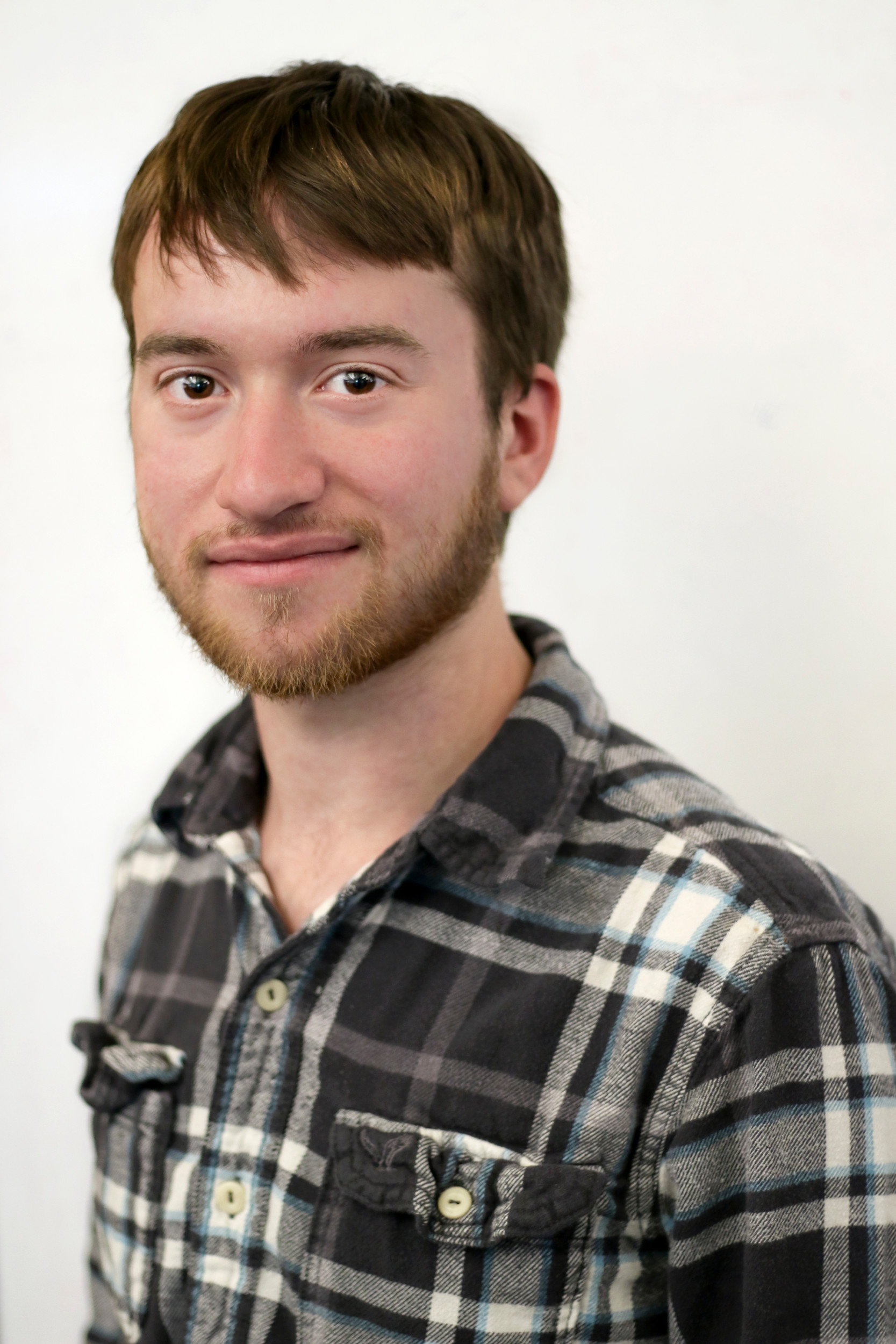We millennials are a more accepting generation
My first crush. As a senior in high school, I’d say it was on a girl named Kristen. She laughed when I told jokes, we both ran track and my friends all thought she was pretty.
My first real crush. I have this memory in which I’m kneeling at my locker in seventh grade and I’m late for class. My teacher will scold me and I’ll feel ashamed for existing. My mind is a locked chamber of thoughts I told myself I would never speak out loud. But all this boy had to do was walk over to me and say hi. At 12, that was enough.
In college I came out to a friend, and he eventually came out to me. We didn’t fall in love or anything; we didn’t have to. We shared confessions. We told each other secrets we’d thought would destroy us if they were leaked from our minds.
I’ve found that the majority of millennials revel in this kind of catharsis. We don’t care who our peers love or how they might describe it. We relish our ability to claim our own identity.
Millennials are often viewed as entitled, superficial hipsters who oppose traditional American values. I believe that the most important American value, the most important value of existence, is to continue asking questions. To open wounds and let them heal, to always be learning, creating, destroying and rebuilding.
As children, we’re given a set of blueprints that teach us how to think and behave. As we grow up, the political landscape changes, scientific discoveries are made, art is created and we change this blueprint. We create our own culture.
The first major study of sexual identity occurred in 1948, three years after the end of World War II. (According to the United States Holocaust Memorial Museum website, homosexuals who had been imprisoned during the Holocaust were still considered pariahs in post-war Germany, and were not given restitution for their suffering.) That year, renowned American biologist Dr. Alfred Kinsey conducted research with the intention of proving that most people were not exclusively heterosexual or homosexual. The Kinsey Scale, as it was called, measured an individual’s sexual orientation between the numbers 1 and 6, 1 being mostly heterosexual and 6 being mostly homosexual.
In 1973, homosexuality was removed from the Diagnostic Statistical Manual of Mental Disorders. Five years later, Harvey Milk, an openly gay politician, was sworn in as a member of the San Francisco Board of Supervisors.
Also in 1978, American psychiatrist Dr. Fritz Klein published a book called “The Bisexual Option.” In this examination of alternative sexual identities, Klein presented what he called a Sexual Orientation Grid. His model was much more detailed than Kinsey’s, in that it considered the possibility that a person could change his or her sexual orientation over time.
In 1980, Washington, D.C., saw its first march for lesbian and gay rights. By that time, musicians like the Who’s Pete Townshend and Queen’s Freddie Mercury were writing songs that explored their sexual identity. That same year, Michael Storms, a psychologist at the University of Kansas exploring Kinsey’s and Klein’s findings, created his own scale of sexual identity that made use of a mathematical X and Y axis and included asexuality as a factor.
By the 1980s, Americans had begun to accept that sexual identity had many facets, shades and components, and could be summed up with the metaphor of a rainbow.
Fast-forward to 2017, when many members of the LGBT community have expressed concerns, to put it mildly, about President Trump’s administration. Legislation he supports and executive orders he has signed repeatedly refer to “traditional American values.”
I can’t imagine being a child if the First Amendment Defense Act were to pass. What would I think if I walked into a store and saw a cashier deny service to a man because that man had a husband? What would have happened if American society had never fought the repression I felt as a child?
What would happen if I were too scared to acknowledge my identity because there were people out there who could legally hurt me because of it? What would happen if I continued to feel ashamed because I exist? I don’t want to imagine that world. I don’t want history to go backward.
Brian Stieglitz is the reporter for the Bellmore and Merrick Heralds. Comments about this column? BStieglitz@liherald.com.

 47.0°,
Mostly Cloudy
47.0°,
Mostly Cloudy 




